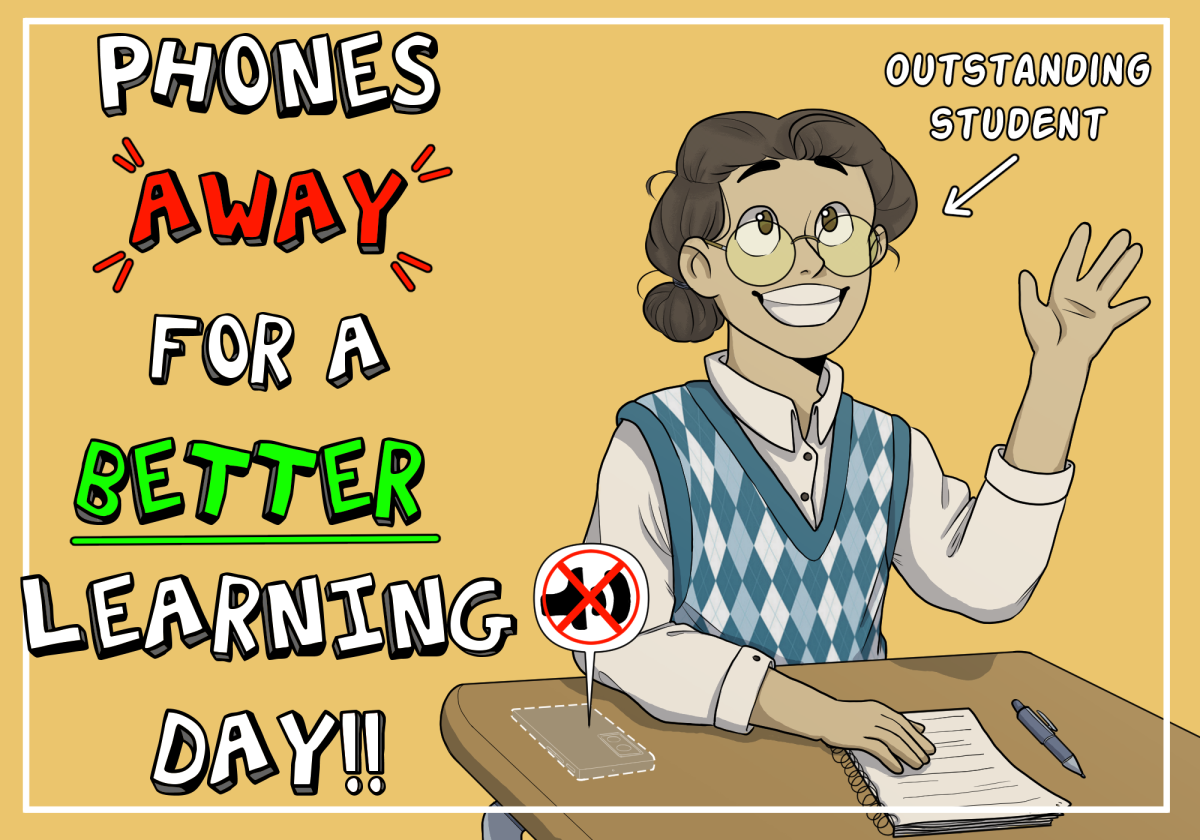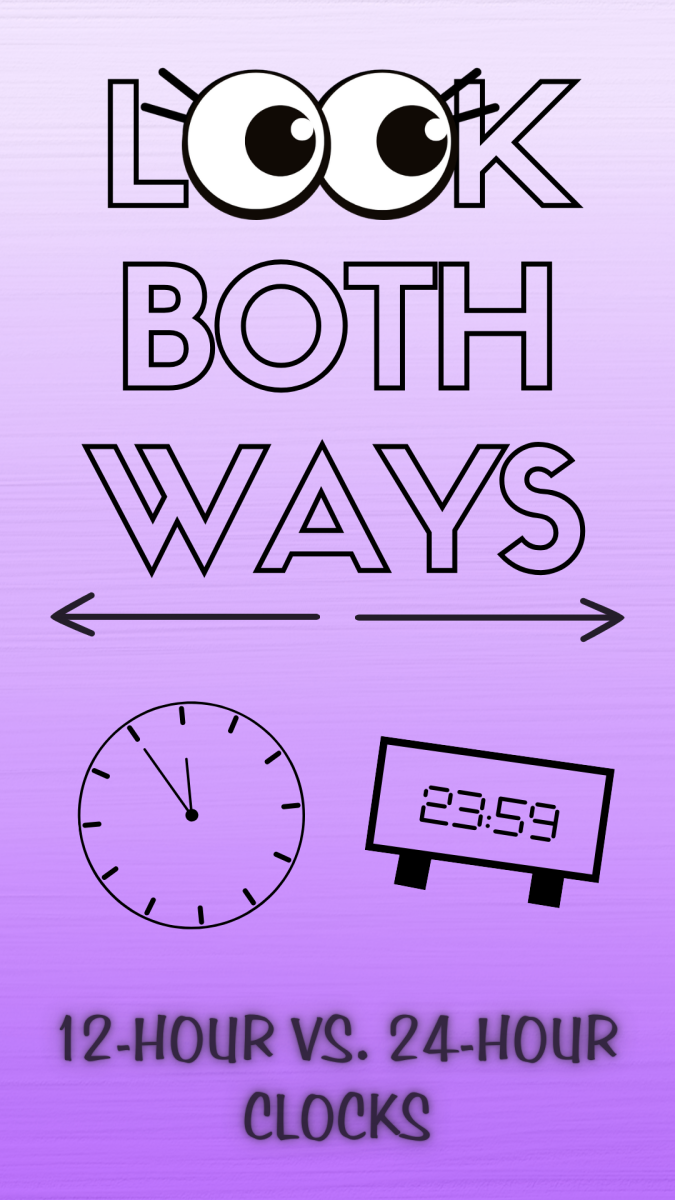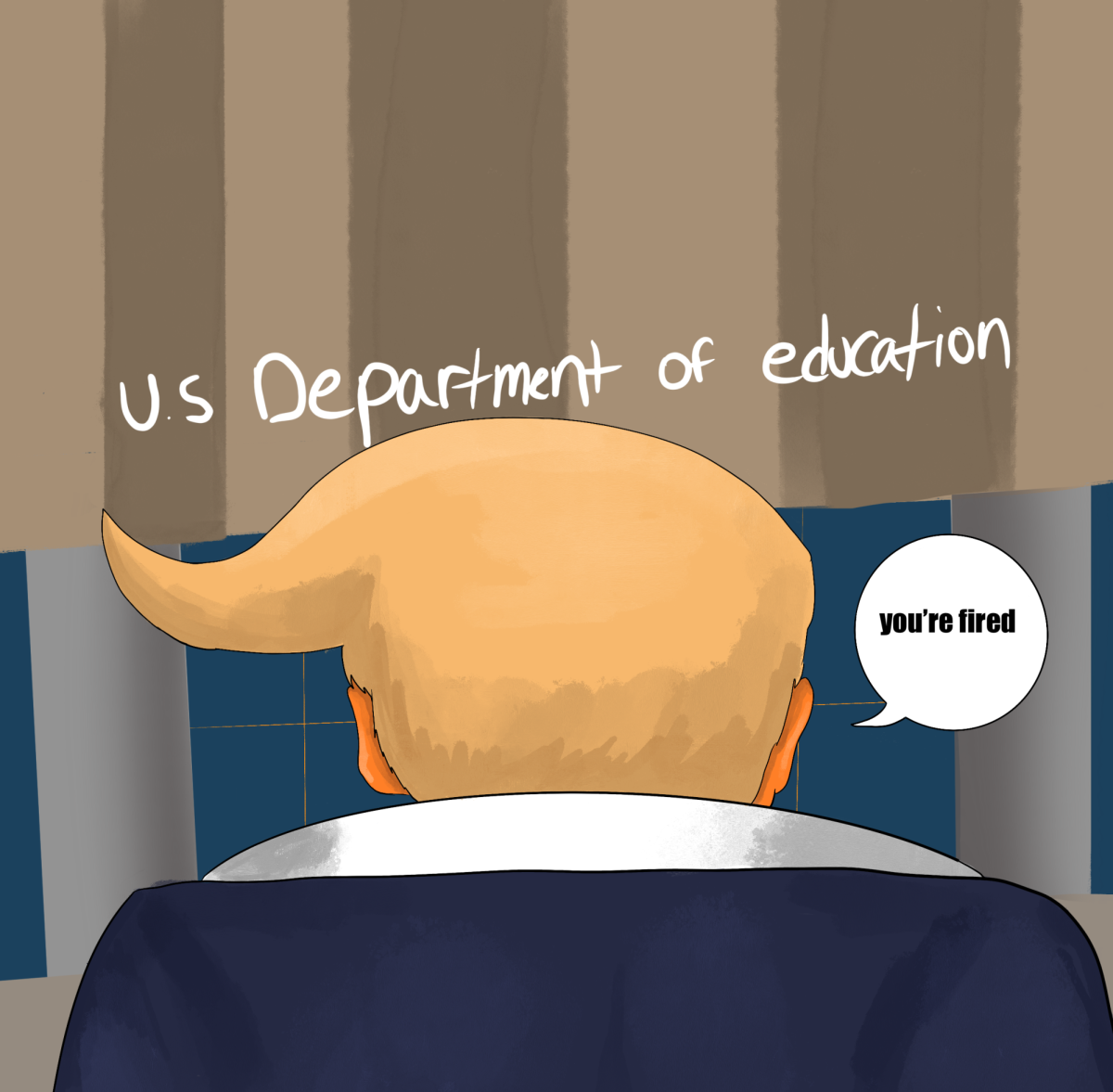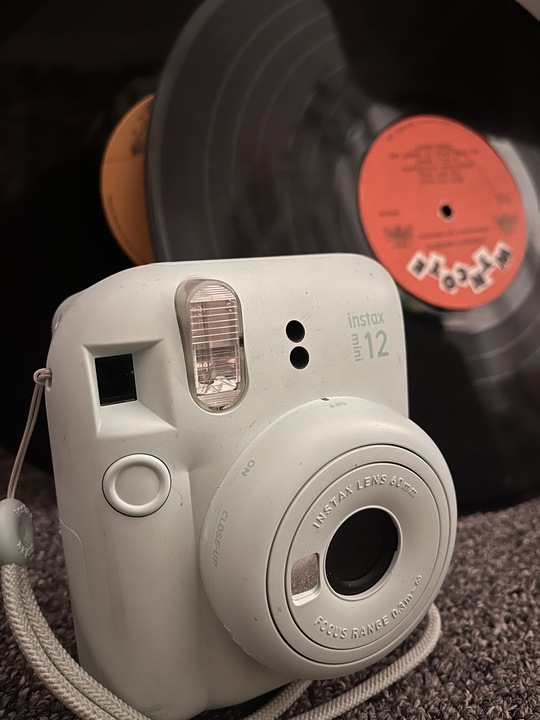A student goes to use their phone in class, the professor catches the student on their phone and tells them to put it away. In their class, this professor enforces a strict policy against using electronics. More professors should enforce a strict no-technology rule in their classrooms.
Amy Newman, a NIU English professor, explained that having face-to-face interactions is crucial in today’s society.
“When students are looking at their laptops and their phones, they don’t interact with each other as much,” Newman said. “One of the secrets of teaching is that you learn from each other as much as, or even more than from the professor, you learn from each other. If you’re not interacting with each other and instead interacting with technology, you’re not having those types of conversations where you and your colleagues in the class are building ideas and thinking.”
Forming connections with classmates can be beneficial in general but especially for building ideas off of each other. Individuals should be interacting with each other, especially because their classmates are most likely pursuing a similar degree.
Roughly 70% of students were distracted by the use of cellphones in class, and a little over 20% of individuals’ learning was affected, according to the National Library of Medicine.
Jamie Yaman, a junior English major, explained that by being allowed to use her computer, she became very distracted.
“When I first came to college, I was an art major, so obviously we didn’t really do a lot of homework. I guess the homework was the assignment, but it was one class, and it was art history, and we were allowed to use our computers.” Yaman said. “The whole semester, I wrote fanfictions. Did I write notes? No, because you’ve given me a chance to use my computer, and I’m going to get distracted.”
When professors allow the use of electronics in class, it truly hinders the learning experience. Students using items such as phones or laptops during class are too busy texting their friends or playing games to pay attention. Professors who allow technology use should not be upset when students aren’t paying attention because it is to be expected.
When no-technology policies are in place, students are forced to listen to the lecture, participate in discussions and engage with the material.
Not allowing laptops or phones in classes can also help students develop skills that aren’t fully based on the use of technology, such as reading and writing.
Yaman also explained that the use of electronics is too normalized in modern-day society, and individuals’ reliance on technology is negatively affecting them.
“Having technology is so normalized nowadays that we’re drawn back from the skills we need to know. Like, children have iPads, and they’re in kindergarten or something,” Yaman said. “I feel like yeah, we’re in college, we’re grown adults, but our brains are still developing. We still need those skills, like having to write, having to read, actually print out stuff. People shouldn’t be like: ‘Oh my gosh, how do I use a printer,’ like, ma’am – you’re 20, figure it out.’”
Limiting electronics in classes is imperative for face-to-face interactions and meaningful class discussions. Having a no electronics rule can encourage thoughtful and purposeful interactions with other classmates.
During the COVID-19 pandemic, around 60% of young adults became very lonely and isolated because there were no face-to-face interactions, according to a study from Harvard University.
Online courses make the reliance on technology even worse. Students that take online courses have to use technology for their class. By having courses in-person instead of online, students can also have meaningful interactions with other students. If professors want students to interact with each other, then they should offer their courses in-person instead of online.
Since most individuals use Blackboard to complete assignments, technology is prevalent in college. However, there are other ways to study that do not necessarily involve the use of laptops.
John Delaney, a senior majoring in communications and English, said everyone has their own approach when it comes to studying.
“Everybody studies differently and pays attention differently. I really enjoy just paying attention, maybe having a notebook to write stuff down, but some people do like having a laptop that they can type on,” Delaney said. “I honestly think just paying attention is the most important thing and being able to actively recall what you were learning is more beneficial than just taking notes on your computer.”
Some concerns about a class with a no-technology rule could be students not having access to e-books or printers. However, professors tend to be willing to work with students around these issues, and there are numerous spots to print on campus such as the library or the honors office.
Newman works with students in her class who have issues regarding a no-electronics rule.
“One issue, of course, is like e-books and stuff, which are easy to get and fast to get, and sometimes students don’t have the book even though I send out emails, like, months in advance of this policy and where you can get the hard copy books inexpensively,” Newman said. “Sometimes students lose their books or don’t have their books, so they want to bring in their laptops or phones, and we’ve got a workaround for that where I just have extra books if students ever need them, you know, and I’ll type up poems if students ever need to see them.”
Professors want to see students succeed both in their classes and after college. Individuals should be willing to put away their phones or computers in order to get the most out of the class.





















